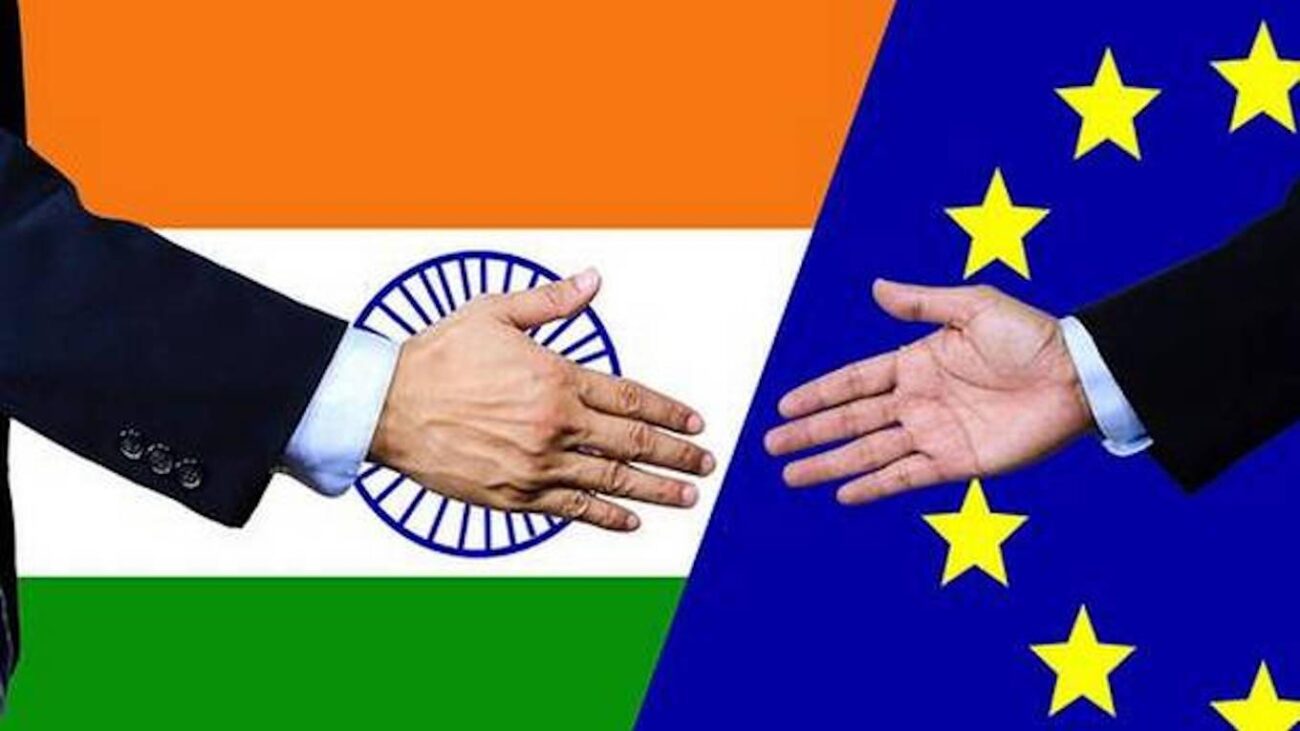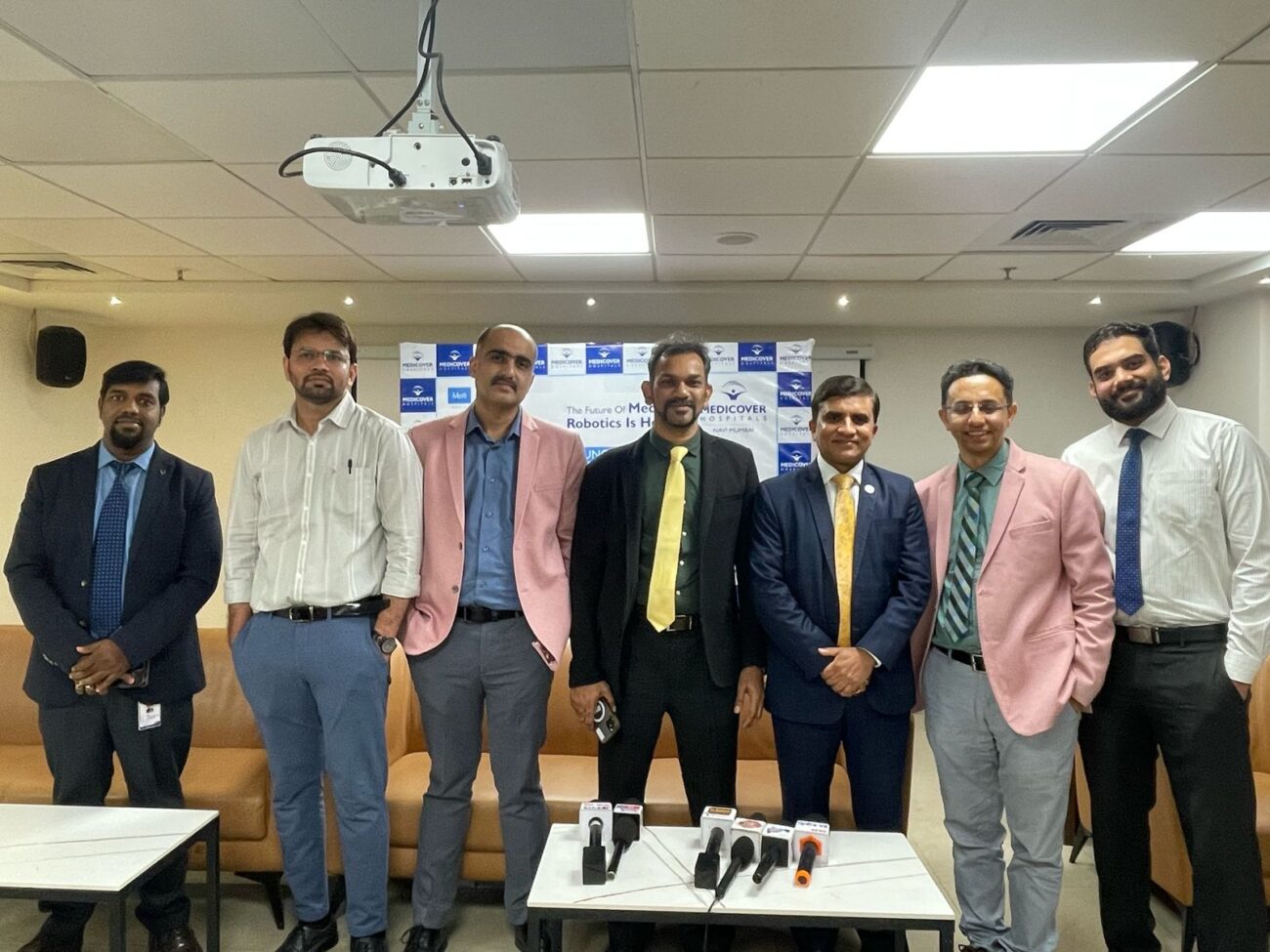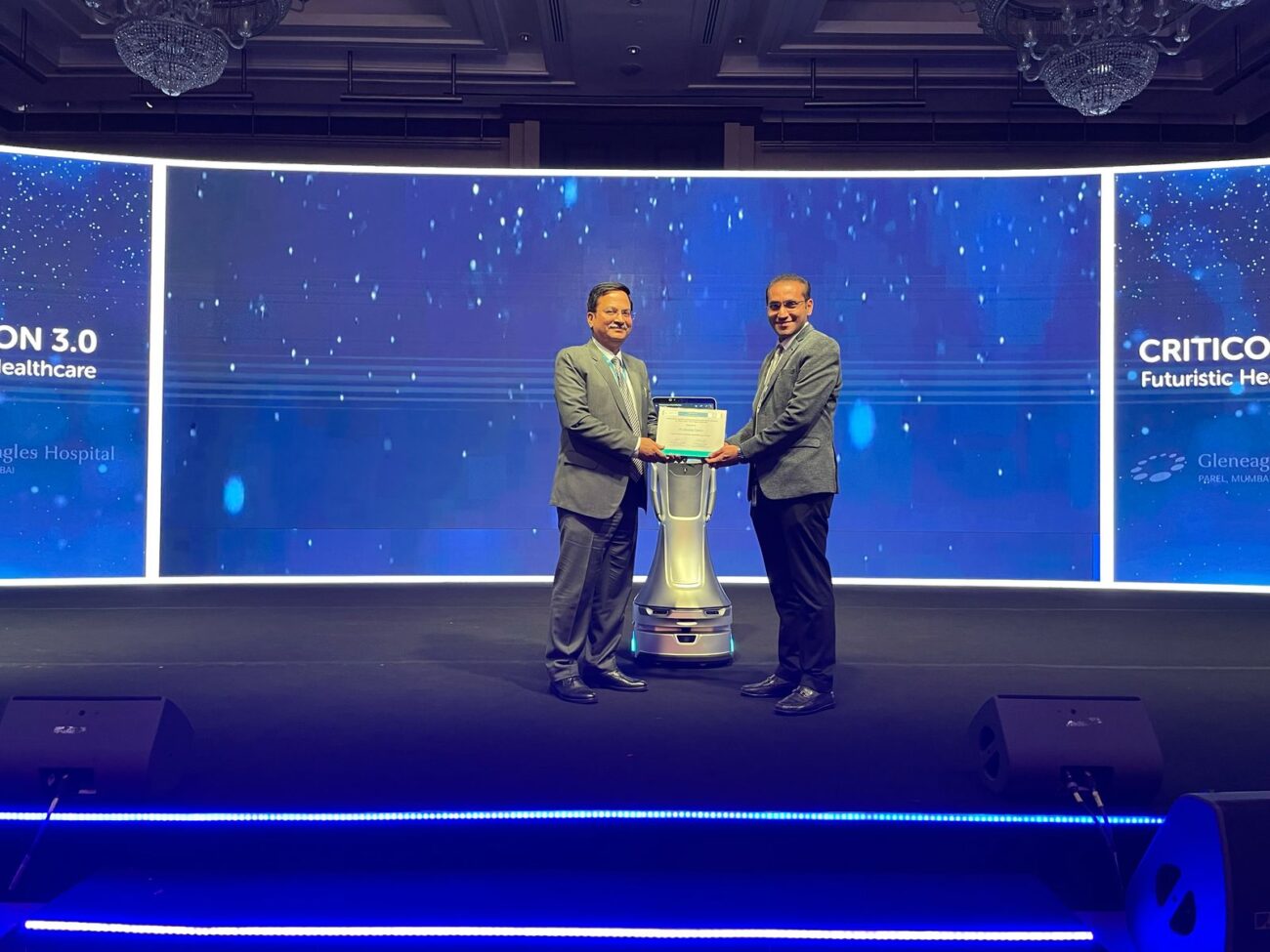Concerns Over EU-India FTA Negotiations: A Call to Protect Indian Medical Device Manufacturers
As negotiations for a Free Trade Agreement (FTA) between the European Union (EU) and India advance, significant concerns are emerging regarding the potential inclusion of medical devices at zero percent duty. Indian stakeholders are voicing

As negotiations for a Free Trade Agreement (FTA) between the European Union (EU) and India advance, significant concerns are emerging regarding the potential inclusion of medical devices at zero percent duty. Indian stakeholders are voicing strong opposition, citing the country’s heavy reliance on imports, currently at 70%, and the troubling trend of increasing imports from EU countries, particularly Germany and the Netherlands.
The medical device industry in India is at a critical juncture. Imports surged from ₹41,709 crores in FY 2019-20 to ₹68,885 crores in FY 2023-24, reflecting a staggering increase of approximately 65%. In contrast, exports rose from ₹18,510 crores to ₹31,673 crores, an increase of about 71%. This growing disparity raises alarms among industry leaders, who fear that reduced tariffs could further jeopardize domestic manufacturers.
Key issues have been raised in the ongoing discussions:
1. Mutual Recognition Agreements: Stakeholders are advocating for a Mutual Recognition Agreement for regulatory approvals, which would facilitate faster audits and reduce costs associated with CE certification. This is crucial for Indian manufacturers seeking access to the EU market.
2. Inspection and Verification: There are calls for rigorous factory inspections by Indian regulatory bodies, ensuring that products labeled as “made in the EU” truly meet Indian standards. This would address concerns over the authenticity of goods entering the Indian market, particularly amid fears of third-country products being misrepresented as EU-made.
3. Regulatory Safeguards: The current EU regulatory framework allows entities to label themselves as ‘Legal Manufacturers,’ leading to potential misuse where non-manufacturers can claim EU origin for products. Indian stakeholders are requesting stringent labeling requirements similar to those in the USA and India, where the country of origin must be clearly indicated.
4. Historical Context of FTAs: Past FTAs have often left India at a disadvantage, with countries like China, Singapore, and Malaysia benefiting significantly more. For instance, in FY 2022-23, India imported ₹11,350 crores from the USA, ₹10,397 crores from China, and ₹6,411 crores from Germany, underscoring the substantial trade imbalance.
5. Mixed Signals to Investors: The Indian government’s mixed signals regarding support for domestic manufacturing—promoting initiatives like Make in India and Production-Linked Incentives (PLI) while considering zero-duty imports—are causing confusion among investors. The industry argues that protecting local manufacturers is essential to uphold these initiatives.
The collective voice of the Indian medical device sector calls for comprehensive analysis and protective measures to ensure fair competition. Stakeholders emphasize that without these safeguards, the FTA could undermine the very foundation of the Make in India initiative.
As discussions continue, the industry remains poised to engage with government representatives to ensure that the interests of Indian manufacturers are not compromised, advocating for a balanced approach that fosters both trade and local manufacturing.
The outcome of these negotiations will be pivotal for the future of the Indian medical device industry, and the government’s actions will be closely scrutinized by stakeholders seeking to ensure that domestic production is not overshadowed by unchecked imports.






